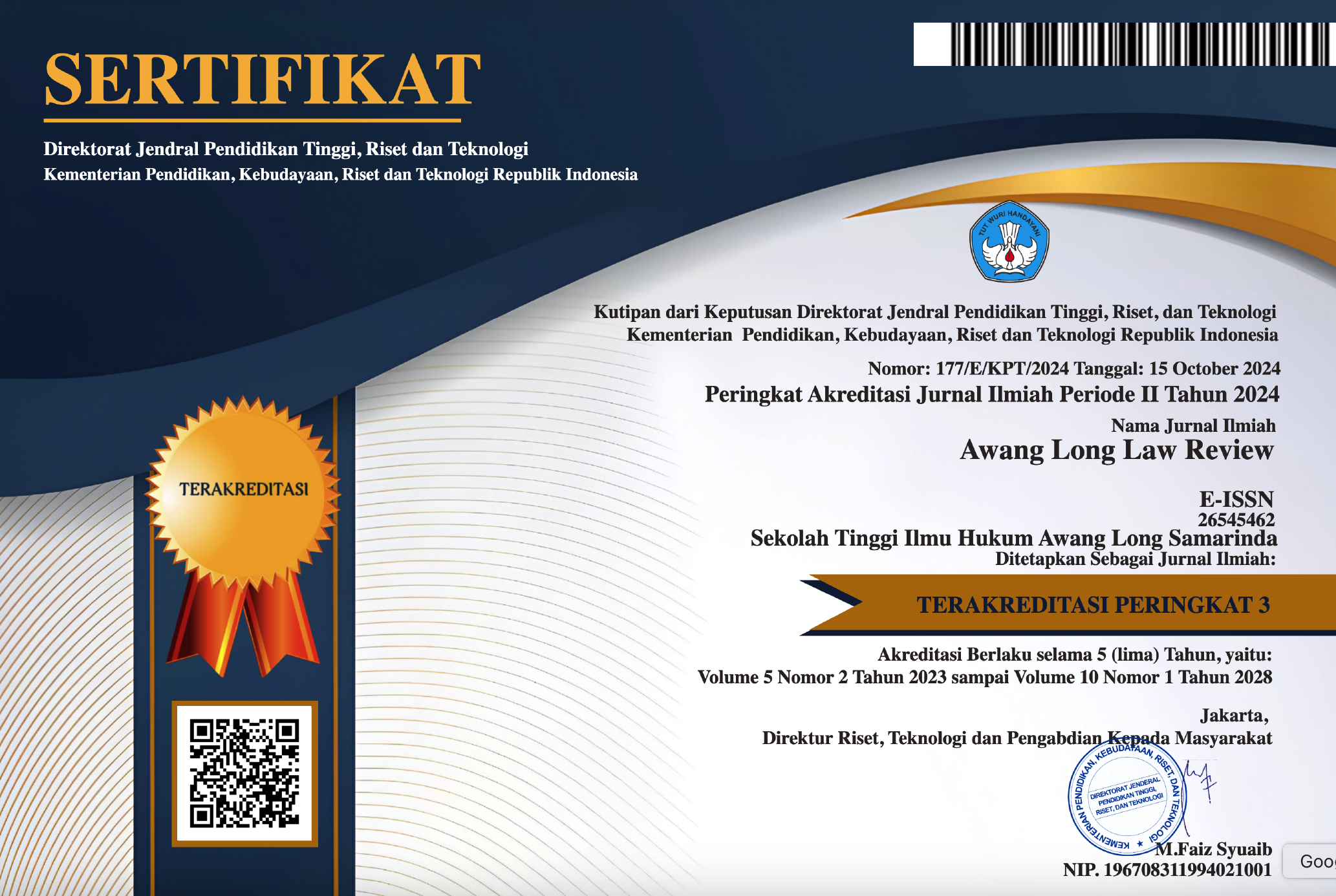THE APPLICATION OF THE PRINCIPLE OF BALANCE IN LEGAL PROTECTION OF THE IMPLEMENTATION OF WORK AGREEMENTS: THE MECHANISM OF WORK AGREEMENTS IN AUTOMOTIVE SECTOR COMPANIES IN INDONESIA
Abstract
This labor problem is quite complex especially in terms of implementing work agreements. Work agreements made between employers and workers prone to conflict, especially if there are problems with Termination of Employment, wages and conflicts of interest. The arrangement of the work agreement itself is contained in Article 56 up to Article 66 of Act Number 13 of 2003 concerning Employment but for the author the provision is still imperfect considering the format of the work agreement itself is not clearly regulated even though this provision is very important to protect workers' rights. Based on this, the author raised the contents of this study around the issue of work agreements and supervision of the implementation of work agreements, especially Unspecified Time Work Agreements and Specific Time Work Agreements. According to Article 1 number 14 of Act Number 13 of 2003 concerning Manpower ("Manpower Law"), the definition of a work agreement is an agreement between workers/laborers with employers or employers that contains the work conditions, rights and obligations of the parties. An Unspecified Time Work Agreement stipulated in Article 60 of Act Number 13 of 2003 concerning Manpower is a work agreement that can require a period of employment of no longer than 3 (three) months. In the probationary period referred to in paragraph (1), employers are prohibited from paying wages below the applicable minimum wage. Whereas legal protection in work agreements with automotive sector companies in Indonesia as stipulated in Law Number 13 of 2003 concerning Manpower aims to ensure a harmonious working relationship between workers/laborers and employers without any pressure from strong parties to weak parties.







